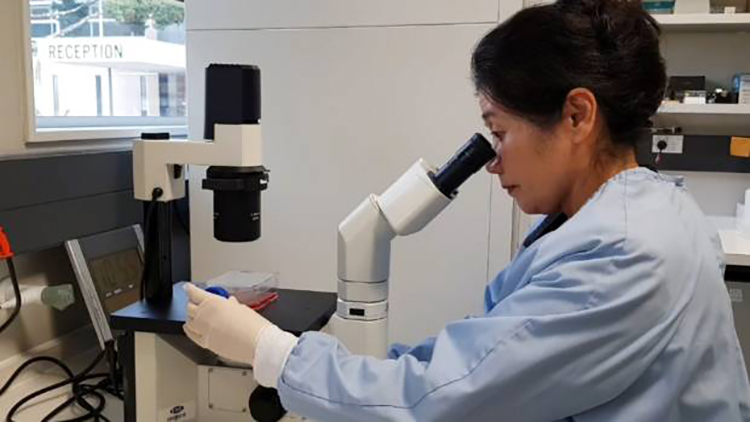
The ESR-led international SHIVERS project, which has contributed a raft of new insights into influenza and vaccine effectiveness, has won the team award in this year’s Science New Zealand Awards, announced last last.
The Southern Hemisphere Influenza and Vaccine Effectiveness Research and Surveillance project resulted from a successful NZ$9 million application to the US department of Health and Human Services through the Centers for Disease Control and Prevention in 2011 for a funding period of six years.
ESR virologist, Sue Huang, is the project’s lead investigator, with more than 30 current and former ESR scientists and other staff also part of the team.
During 2012-2017, this multi-agency and multi-disciplinary collaboration assembled a world-class team of public health experts, laboratory scientists, clinicians and academics, and established a novel and modern perspective, population-base surveillance for acute respiratory illness in hospital and communities in New Zealand.
SHIVERS has contributed new insights into the burden of influenza, vaccine effectiveness, influenza immunology respiratory syncytial virus (RSV), and other respiratory viruses, especially among children and older adults.
The study has resulted in more than 17 peer-reviewed publications, including high profile journals such as Lancet and Journal of Infectious Diseases.
SHIVERS has already received a number of awards and was selected by the Ministry of Business, Innovation and Employment as one of five case studies of science impact in New Zealand in 2016 in terms of its beneficial changes in economic, health social or cultural outcomes.
Dr Huang says the award is a confirmation of the excellent collaboration at the national and international level.
“It would be impossible to achieve these important and critical study outcomes without our devoted, committed, world-class, high-calibre key collaborators from other organisations – Auckland District Health Board, Counties Manukau District Health Board, the University of Auckland, the University of Otago, WHO Collaborating Centre at St Jude Children’s Research Hospital in Memphis USA and Centers for Disease Control and Prevention in Atlanta USA”.
“I also feel extremely grateful to all our study participants for their whole-hearted support over the last six years.
“I would like to use the Chinese phrase “天时地利人和”. The literal translation is it needs three conditions: favourable climatic, geographic and human conditions. The common English translation is: right time, right place and right people.”